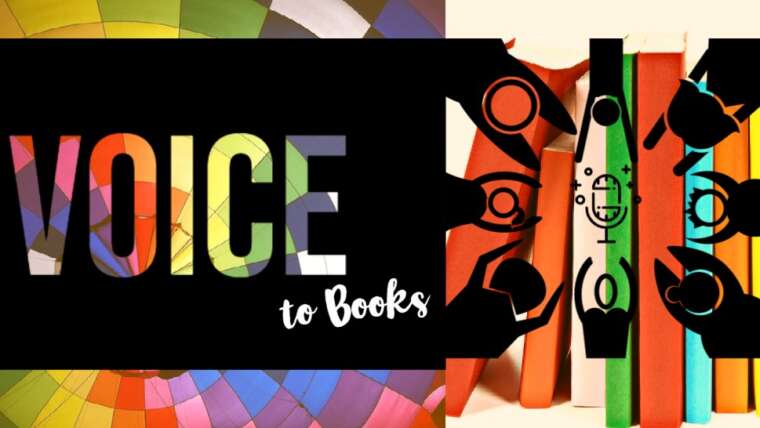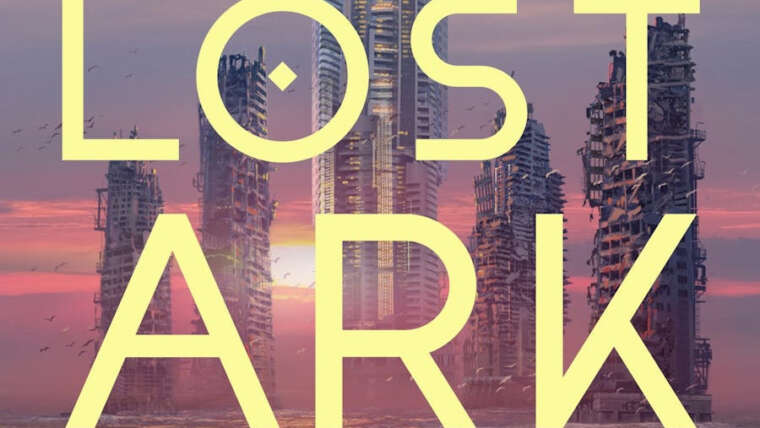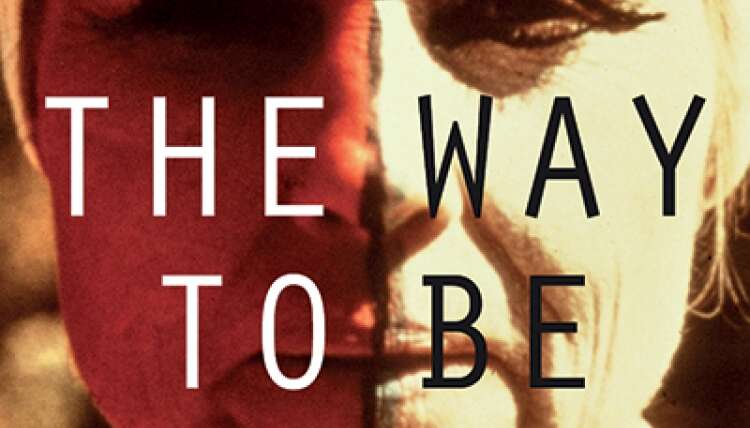While Voice to Books has covered graphic novels and memoirs in the past, we couldn’t help noticing how many intriguing books from underrepresented communities have been published in the last three years—stories of difficult journeys, both physical and spiritual; of searching for one’s place in a new culture and finding an identity within a subculture; of intergenerational trauma and the struggle to improve one’s mental health when, traditionally, these topics are taboo. Though many of the five books we’ve reviewed feature teenage protagonists, these visually arresting stories, even at their most fantastical, offer insight into authentic and universal human…









